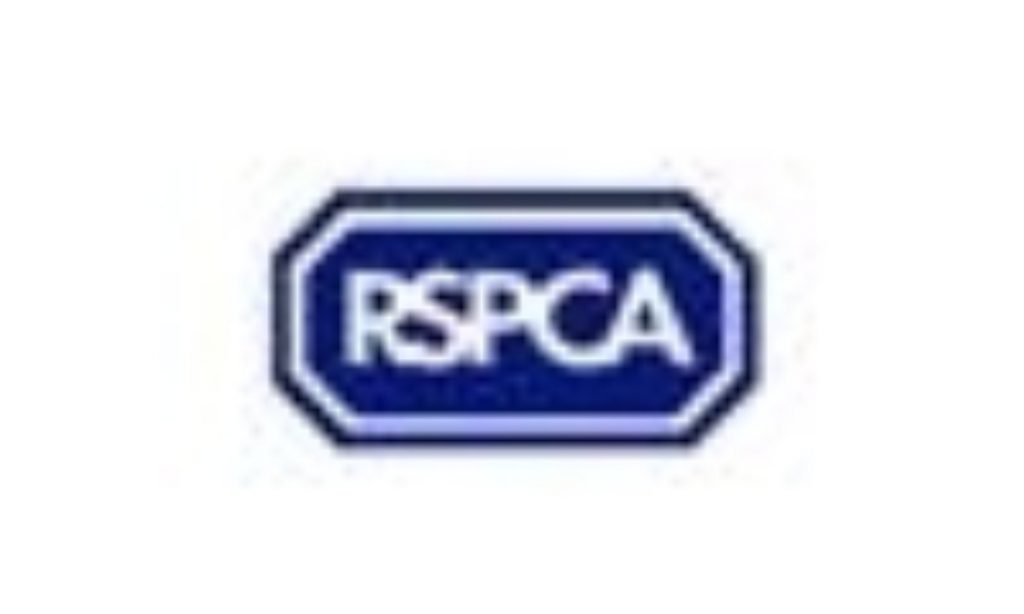RSPCA: A black day for badgers as long-feared cull is confirmed
The RSPCA is devastated that, following years of contentious debate, the government is expected to confirm today (Tuesday, July 19) that it will go ahead with a badger cull in England.
Plans expected to be announced this afternoon mean that at least 70% of the badger population in large areas of the country will be killed, as part of a package of measures to try to control bovine TB in cattle.
This is despite scientific studies* which have shown that culling would be of little help in reducing the disease in the long-term, and could actually make things worse in some areas.
The RSPCA has long been firmly opposed to proposals for a widespread cull and has battled against various plans put forward, and previously dismissed, by different governments. It is gravely concerned about the decision made by the Department for Environment, Food and Rural Affairs (Defra).
In the weeks leading up to this announcement, new research** was published which showed that badger culling can more than double the risk of TB infecting cattle. High-profile voices such as Sir David Attenborough and government adviser Lord John Krebs also added weight to the debate, saying a cull could “make the situation worse” and be “ineffective”.
David Bowles, Director of Communications for the RSPCA, said: “Today is a black day for badgers – a day we have been dreading.
“At a time when the Welsh government has stepped back from a cull, the government in England is slowly shredding its own animal welfare credentials.”
The RSPCA agrees that action is needed to combat bovine TB in cattle, but does not think action is synonymous with culling. It thinks that vaccination of badgers, increased levels of testing, improved biosecurity and stricter controls on the movement of cattle are more effective ways of dealing with the problem in the long-term and eradicating bovine TB in cattle for good.
Colin Booty, senior scientist for the RSPCA, said: “The RSPCA is sympathetic to farmers struggling to cope with the effects of this crippling disease and thinks that the problem of bovine TB in cattle needs a sustainable and effective solution.
“But this is not such a solution. We believe that the government have taken the wrong fork in the road with this risky policy.
“This cull will contribute little or nothing to the long-term goal of eradicating TB nationally. Instead it will wipe out huge numbers of this much-loved species, including many animals which are healthy.”
Notes to editors:
— *The Independent Scientific Group on cattle TB (ISG) published its final report in 2007. It was the result of painstaking research over nearly ten years, cost the lives of about 11,000 badgers and cost taxpayers £50 million. It concluded that killing badgers could actually increase the spread of bTB in the area around the cull, making matters worse rather than better – a process called perturbation. It said, “badger culling can make no meaningful contribution to cattle TB control in Britain”
http://www.defra.gov.uk/foodfarm/farmanimal/diseases/atoz/tb/isg/report/final_report.pdf
Recent evidence said that bTB is endemic in over 39,000 km2 of England.
— **The New Medical Research Council study came from Imperial College London and were published in the Royal Society Journal Biology Letters. They were based on analysis of data from the 10-year Randomised Badger Culling Trial set up by the Department for Environment, Food and Rural Affairs (Defra) in 1998.
— The RSPCA is urging its supporters to express their outrage at the decision with a simple ‘Tag and Share’ interactive campaign. It aims to illustrate the key issues using an info- graphic of cull-related facts and an open letter to Defra which will be hosted on Facebook and spread through other social media. More information can be found at http://www.facebook.com/RSPCA.
— For more information and interview opportunities please contact the press office on 0300 123 0244/0288.
RSPCA, Wilberforce Way, Southwater, Horsham, West Sussex RH13 9RS
Press office direct lines: 0300 123 0244/0288 Fax: 0303 123 0099
Duty press officer (evenings and weekends) Tel 08448 222888 and ask for pager number 828825
Email: press@rspca.org.uk Website: www.rspca.org.uk





-01.png)